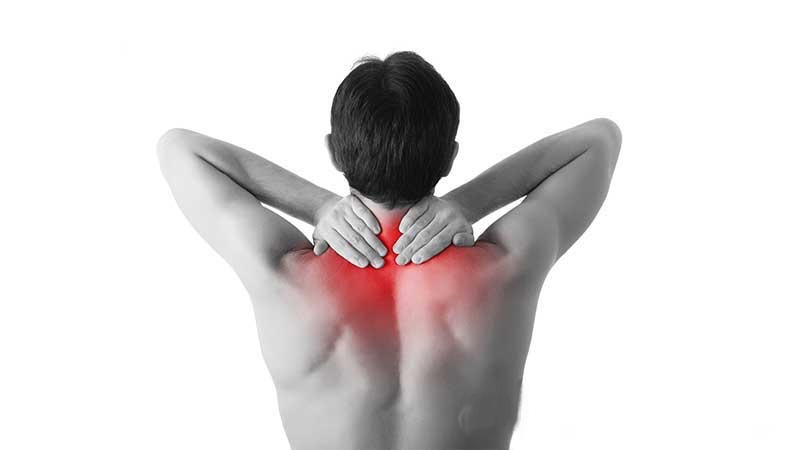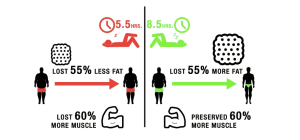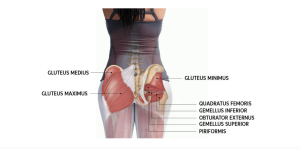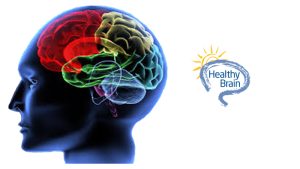Do you find yourself feeling like you’re all knotted up? Feel like you have a huge knot in your back? Muscle knots are incredibly common but common doesn’t mean they are normal or harmless. These knots can be found in your back, shoulders, and neck, they are a stiff band of muscle that has a hard knob in the center, known as the trigger point. The pain can pop up spontaneously or when the trigger point is pressed. But in all cases, muscle knots cause pain to radiate beyond the trigger point into the surrounding muscles.
Muscle tissue
Muscle fibres run in all different directions in our body and muscles are layered on top of each other from our heads to our toes. This is a good thing and the reason why we can bend, twist, dance, and play sports. Our muscles are meant to be pliable, strong, and challenged. However, when we sit at a computer all day in the same position and if we injure ourselves, or if we are chronically dehydrated, we lose our mobility and flexibility. The various muscle fibres start to stick to each other and become adhered. This new hard and lumpy feeling is a muscle knot.
Causes of muscle knots
Also known as myofascial trigger points, muscle knots are complex and have a variety of possible causes. There is a lot more research to be conducted on the matter, but the best evidence suggests that muscle knots are the result of overuse such as heavy lifting or repetitive activities. Other causes may include:
- Psychological stress
- Poor ergonomics
- Bad posture
- Fatigue
- Dehydration
- Unhealthy eating habits
- Sleep disturbances
- Joint problems
Diagnosis and treatment
Diagnosing a muscle knot requires a physical examination by an experienced healthcare professional such as a chiropractor. The examiner will look for a taut band of muscle, a tender nodule, and the reaction of the patient to physical pressure.
There are several options to choose from for treating muscle knots. Whichever option you choose, the main goal is to release the trigger point to reduce pain and increase mobility by breaking up knotted tissue. The most common treatment for muscle knots include:
Preventing muscle knots
Muscle knots are the result of overuse, stress, bad posture, fatigue, etc. Lower your risk of getting muscle knots by resting and working on posture and overall lifestyle habits. Here are some tips:
- Improve your posture. Try your best not to slouch.
- Take opportunities throughout the day to rest and incorporate exercise into your routine.
- Don’t overdo it when lifting heavy objects.
- If your job involves sitting for most of the day, take regular stretch breaks to prevent your muscles from getting too tight.
- Make sure your diet includes a healthy mix of calcium, potassium, and magnesium. Drink plenty of water to keep your body hydrated.
Chiro & Sports Med
Our chiropractors at Chiro & Sports Med are committed to providing chiropractic solutions to address your unique needs, whether you are experiencing an irritated nerve, bulging disc, back pain, neck pain, knee pain, headaches, or even muscular tightness and tension. You may be searching for pain relief after an accident or experiencing an injury. Our mission is to help reduce or eliminate pain and to prevent future problems and injuries. Above all, we are here to improve your quality of life, well-being, and ability to live an active healthy lifestyle.
If you would like to make an appointment with one of the chiropractors at Chiro & Sports Med simply call our office on 9817 2005 and one of our friendly staff will organise an appointment for you or you can Book Online.





